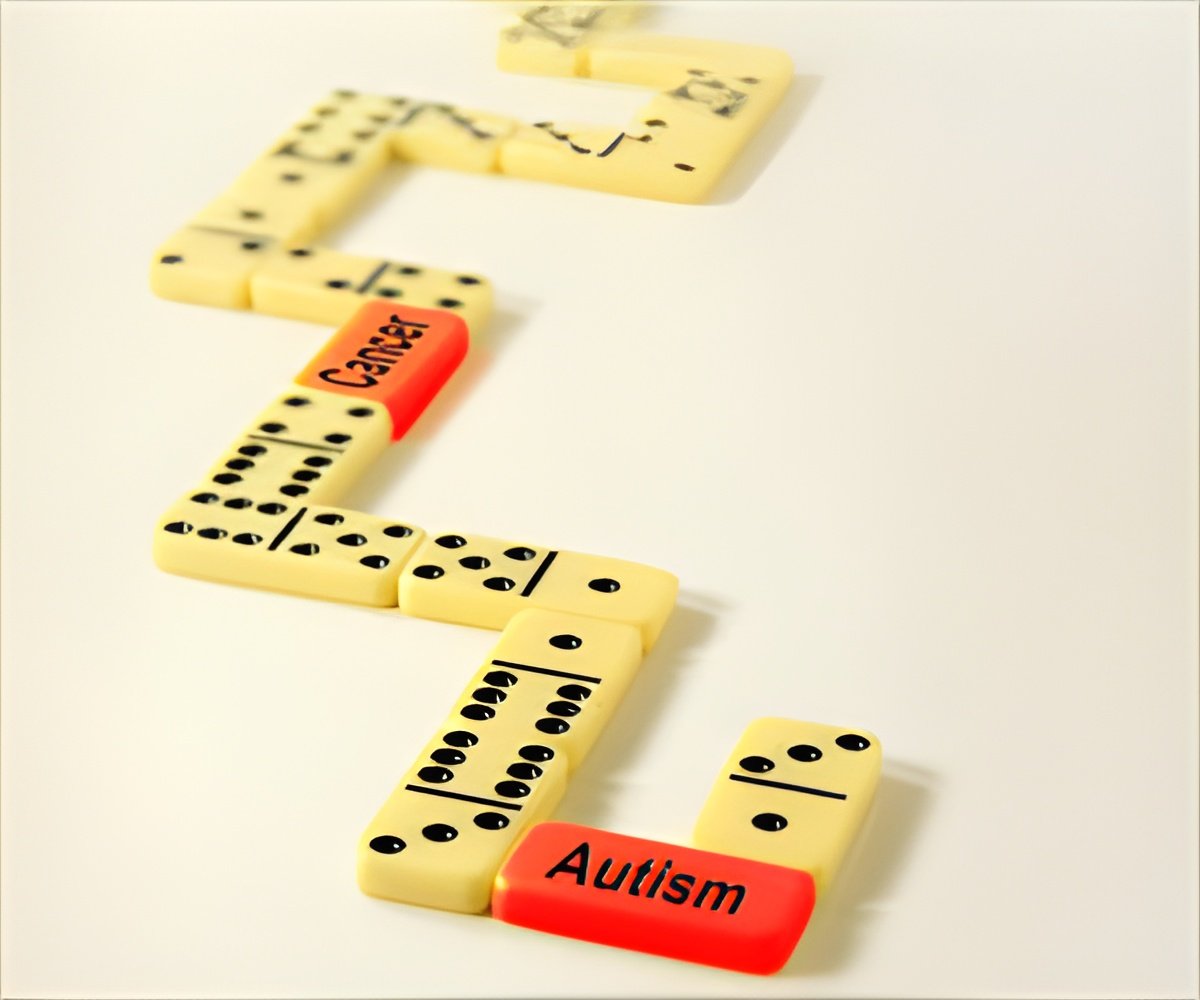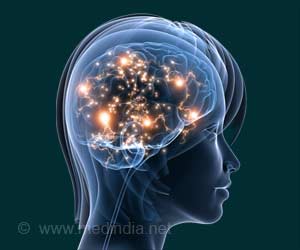The study findings have important implications for better understanding the neurological basis for autism spectrum disorder (ASD).

Genetic Defects in Autistic Patients
Luikart and his colleagues have engineered viruses to “knock out” the normal mouse PTEN gene and replace it with the mutated human PTEN gene. They then used sophisticated imaging and electrophysiological techniques to study how neuronal function was altered in mice.‘In recent years, researchers have established a strong association between certain mutated genes and autism spectrum disorder (ASD). One of the most common genes that mutates is called PTEN, which normally functions to control cell growth and regulate the ability of neurons to alter the strength of their connections, not only causes ASD but also macrocephaly and epilepsy.’





“Essentially, what we’ve found is that it makes the neuron grow at twice the size of a normal neuron and in doing so forms about four times the number of synaptic connections with other neurons as a normal neuron,” says Luikart. He notes that the work served as a foundation for the new study, in which the research team sought to learn more about the role of other genes and signaling pathways in normal PTEN loss. “We were able to determine that if you take out the gene known as Raptor, an essential gene in the mTORC1 signaling pathway, it rescues all of the neuronal overgrowth and synapses that occur with normal PTEN loss,” he says. “We also found that by using the drug Rapamycin to inhibit the mTORC1 pathway—which is necessary for neuronal growth and synapse formation—it rescues all of the changes in neuronal overgrowth.”
In a clinical trial earlier this year, when Rapamycin was administered to children it showed some benefit to the symptoms of autism. “One caveat is that our work is indicating that in order to have the best chance of having a therapeutic effect, these genetic changes associated with ASD really have to be targeted prior to the onset of symptoms.”
“If we find that treating with a drug like Rapamycin early enough fixes the actual behavior problems of autism in a human patient, then that tells us we’re really on to something—that these changes that we’re seeing and fixing in our model organism are the cellular or physiological basis of autism in humans,” says Luikart.
Source-Eurekalert















